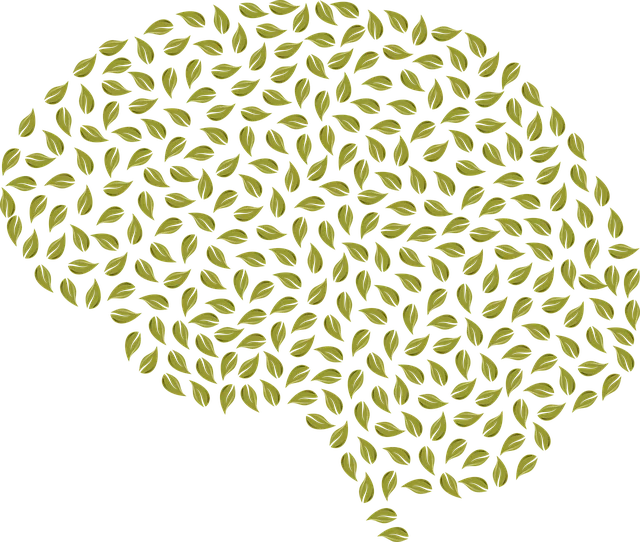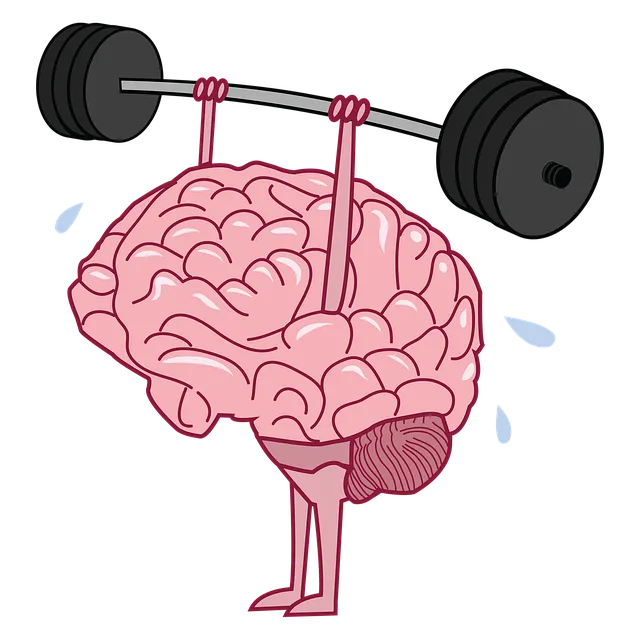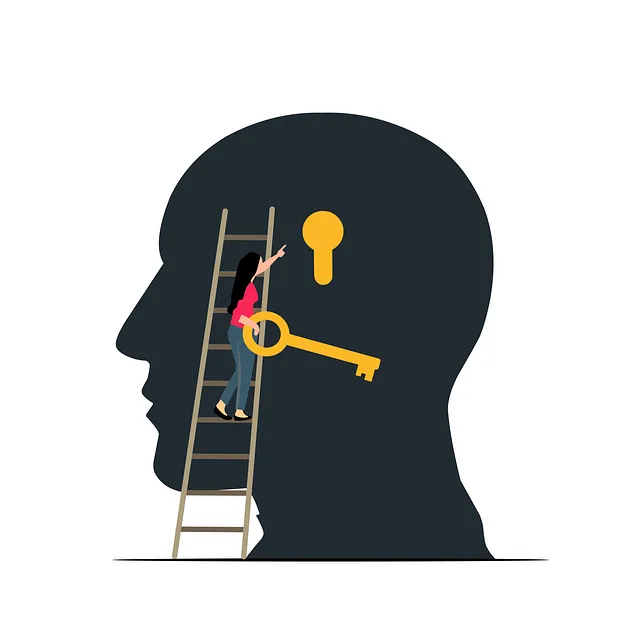The Kaiser Permanente mental health center in Littleton utilizes RFM Analysis to predict and prevent burnout among healthcare providers through personalized interventions. They promote resilience by emphasizing self-care, empathy building, and evidence-based stress management techniques like mindfulness and physical activities. Through workshops, public awareness campaigns, and podcasts, the center fosters community well-being, offering long-lasting benefits for stress reduction, anxiety management, and depression control, ultimately enhancing individuals' ability to navigate challenging situations.
“Resilience is a powerful tool in navigating life’s challenges, and the RFM (Recency, Frequency, Monetary) analysis method offers a unique perspective on fostering mental well-being. This article explores how Kaiser Permanente has utilized RFM to enhance resilience through targeted exercises. From mental health centers like Littleton Center, we delve into strategies that build strength within individuals, promoting long-term coping skills and overall community well-being. Discover effective stress management techniques and understand the profound benefits of these empowering initiatives.”
- RFM Analysis: A Kaiser Permanente Approach
- Mental Health Resilience: Building Strength Within
- Littleton Center: Fostering Community Well-being
- Effective Exercises for Stress Management
- Enhancing Coping Skills: Long-term Benefits
RFM Analysis: A Kaiser Permanente Approach

At Kaiser Permanente mental health center Littleton, they understand that building resilience is key to preventing burnout among healthcare providers. One effective tool they employ is RFM Analysis, a method that focuses on three core dimensions: Reach, Frequency, and Engagement. This approach helps identify at-risk individuals who may be experiencing high stress levels or showing signs of burnout.
By analyzing these factors, mental health professionals can tailor interventions like positive thinking exercises, burnout prevention strategies for healthcare providers, and stress reduction methods to meet individual needs. The goal is to create a supportive environment that enhances resilience, ensuring the well-being of both patients and caregivers.
Mental Health Resilience: Building Strength Within

Mental health resilience is a crucial aspect of overall well-being, and it’s something that can be cultivated and strengthened. The Kaiser Permanente mental health center in Littleton offers valuable insights into building this inner strength. Resilience isn’t about ignoring or overcoming hardships but rather developing strategies to navigate them effectively. At the core of this process lies self-care, which involves adopting a consistent routine focused on physical and mental nourishment.
Empathy Building Strategies and Compassion Cultivation Practices are powerful tools in this journey. By fostering empathy, individuals can enhance their connections with others, creating a support system that adds layers to their resilience. These practices encourage individuals to step into someone else’s shoes, promoting understanding and reducing judgment, ultimately contributing to a more compassionate and resilient mindset.
Littleton Center: Fostering Community Well-being

The Littleton Center, a Kaiser Permanente mental health center, stands as a beacon of hope and resilience in the heart of Colorado. This facility is dedicated to fostering community well-being through comprehensive mental health services and innovative programs designed to build resilience. By offering a range of activities, from public awareness campaigns and mental wellness podcast series production to engaging stress management workshops, the center actively contributes to the development of a more resilient and aware society.
Littleton Center’s approach is holistic, aiming to not only treat but also educate and empower individuals and communities. Their programs are tailored to meet diverse needs, ensuring that everyone has access to the tools necessary for enhancing mental wellness. Through these initiatives, the center plays a pivotal role in promoting resilience, making it an integral part of the ongoing conversation about stress management and overall well-being.
Effective Exercises for Stress Management

Stress management is a key component of overall mental well-being, and there are several effective exercises that can help individuals cope with daily pressures. The Kaiser Permanente mental health center in Littleton offers a range of evidence-based practices to support their clients’ resilience building. One such powerful tool is mindfulness meditation, which encourages individuals to focus on the present moment, reducing anxiety and promoting calmness. Regular practice has been shown to improve self-esteem and emotional intelligence, allowing people to navigate challenging situations with greater clarity and composure.
Additionally, engaging in physical activities like yoga or tai chi can be incredibly beneficial for stress reduction. These exercises combine movement with breath control and mindfulness, fostering a sense of relaxation and inner peace. The Community Outreach Program Implementation at Kaiser Permanente Littleton often incorporates such activities into their resilience-building workshops, empowering participants to manage stress effectively and enhance their overall quality of life.
Enhancing Coping Skills: Long-term Benefits

Participating in resilience-building exercises has long-lasting benefits that extend far beyond the immediate stress-reducing effects. By learning and practicing coping skills, individuals gain a powerful toolkit to navigate life’s challenges with greater ease. This enhanced mental agility is particularly valuable for maintaining overall well-being over time. The Kaiser Permanente mental health center in Littleton emphasizes this point, highlighting how these exercises empower people to better manage stress, anxiety, and even depression.
One of the key advantages is the development of confidence and self-efficacy. As individuals successfully navigate simulated or real-life stressful situations through resilience training, they build a sense of control and capability. This boosts their confidence to tackle future challenges head-on. Additionally, conflict resolution techniques learned during these exercises foster healthier interpersonal dynamics, promoting better communication and stronger relationships, which are essential components of mental health education programs designed for holistic well-being.
Resilience is a powerful tool in navigating life’s challenges, and the strategies discussed here, rooted in the Kaiser Permanente approach, offer valuable insights. By combining RFM analysis with targeted resilience-building exercises, individuals can enhance their mental health and overall well-being, as demonstrated by Littleton Center’s successful community initiatives. These practices not only help manage stress but also foster long-lasting coping skills, ensuring folks are equipped to thrive in today’s demanding world. Incorporating these techniques into daily life can lead to significant improvements, fostering a sense of calm and resilience amidst the hustle and bustle.






